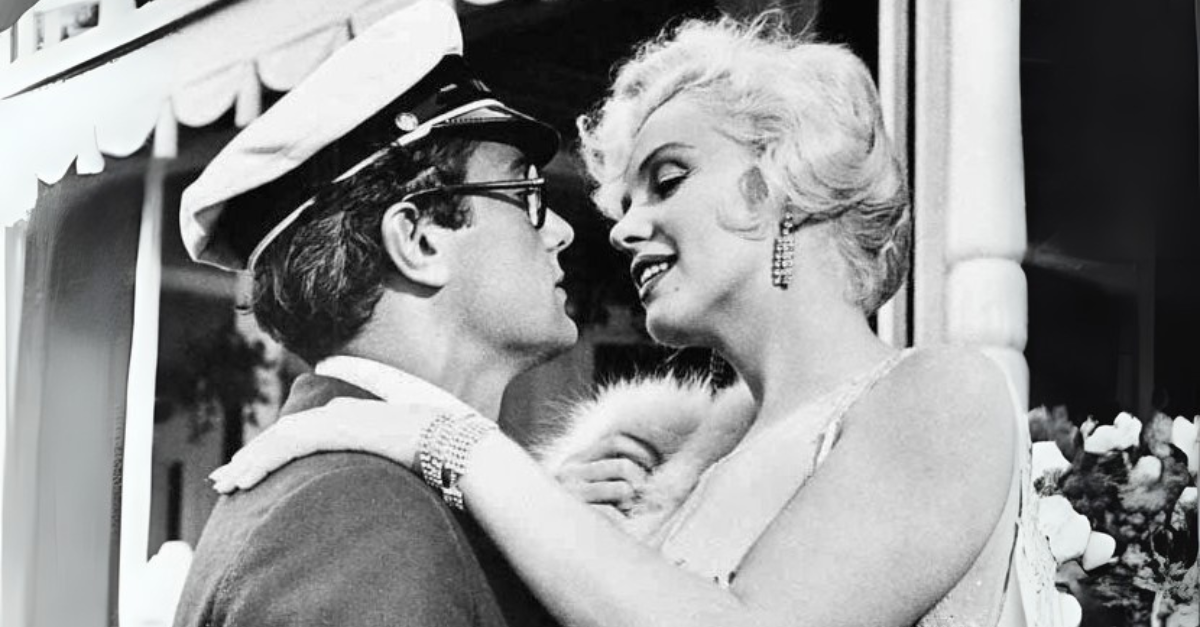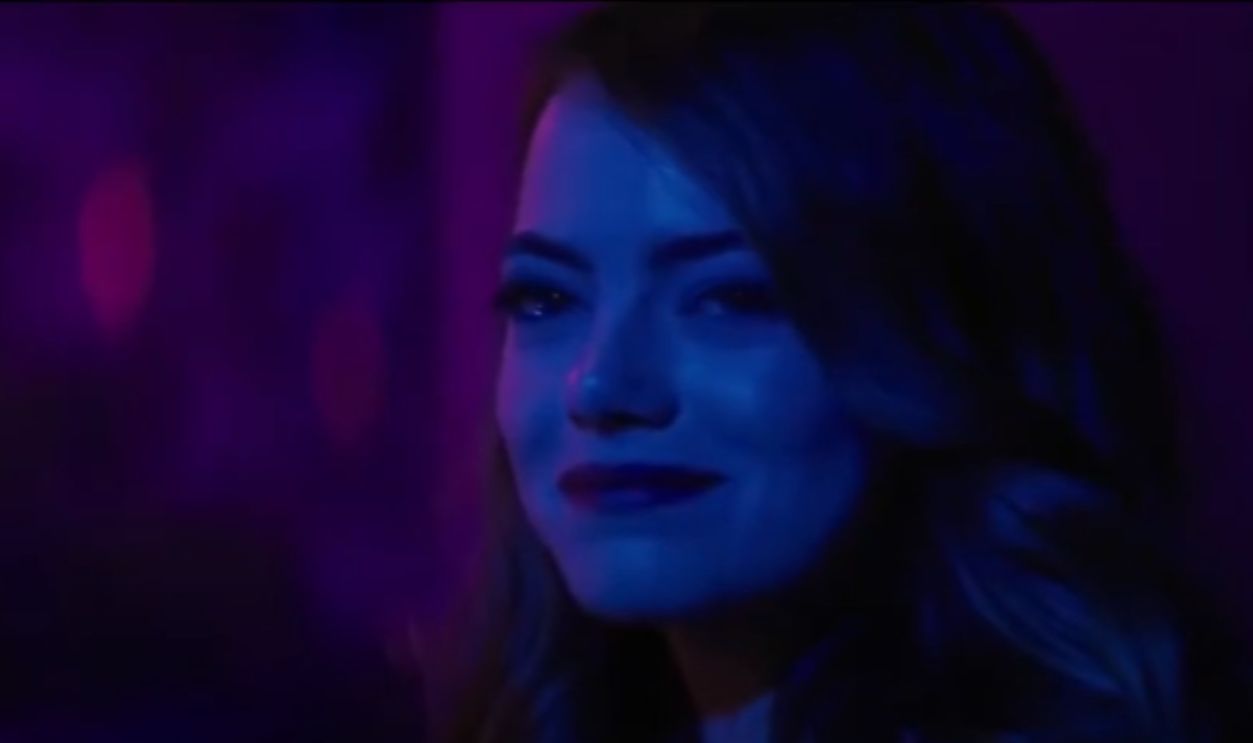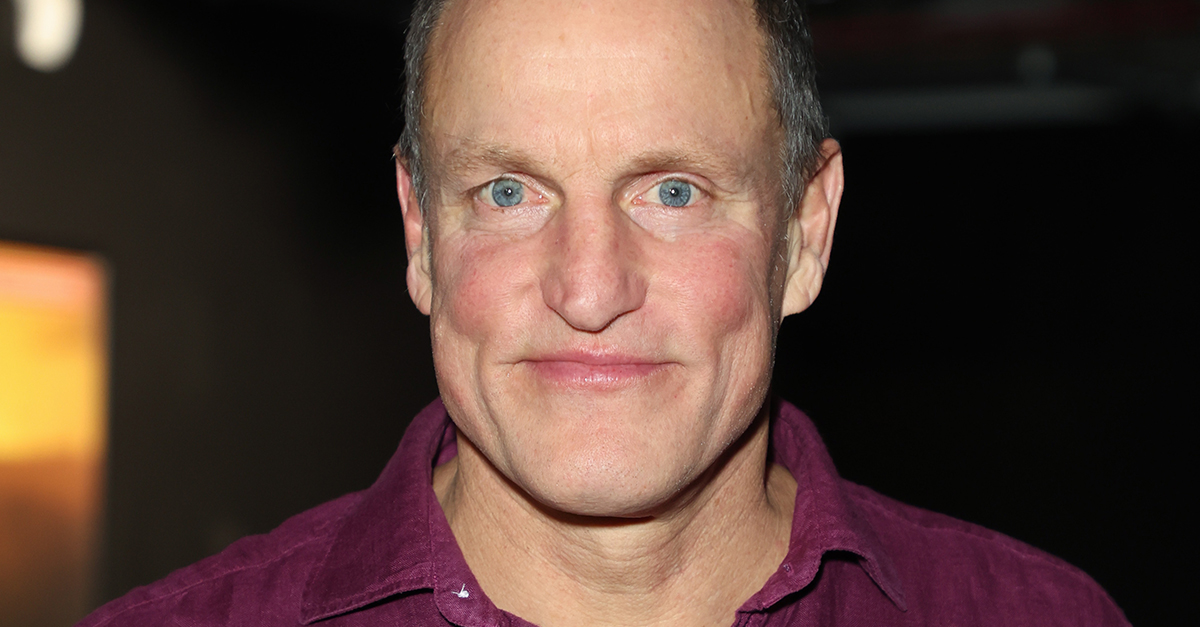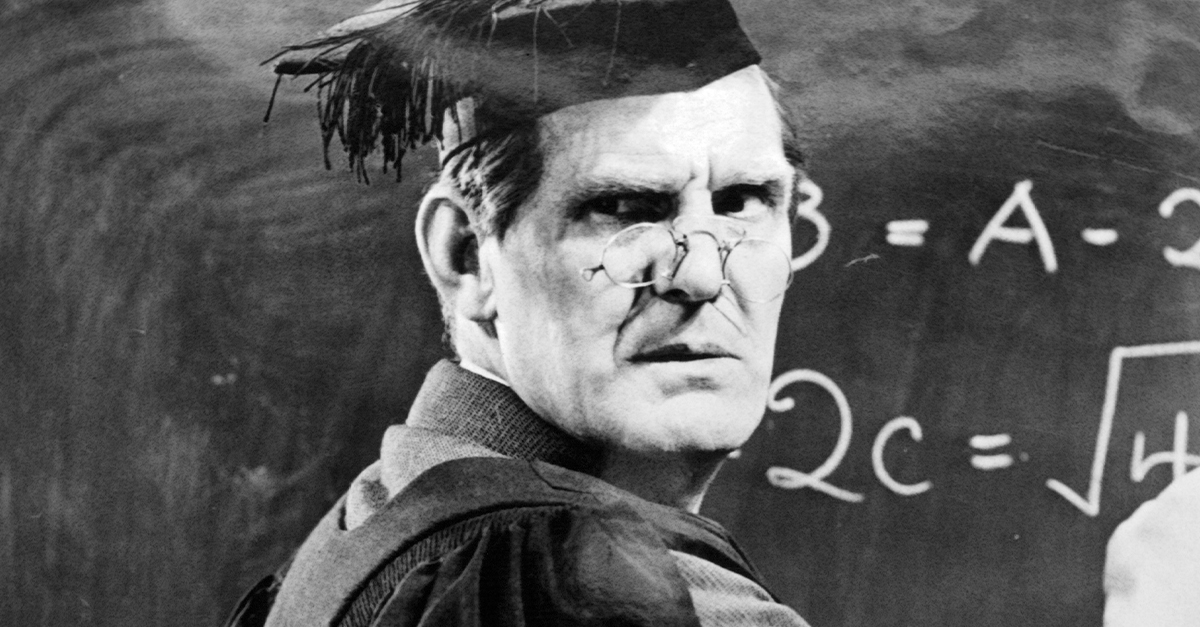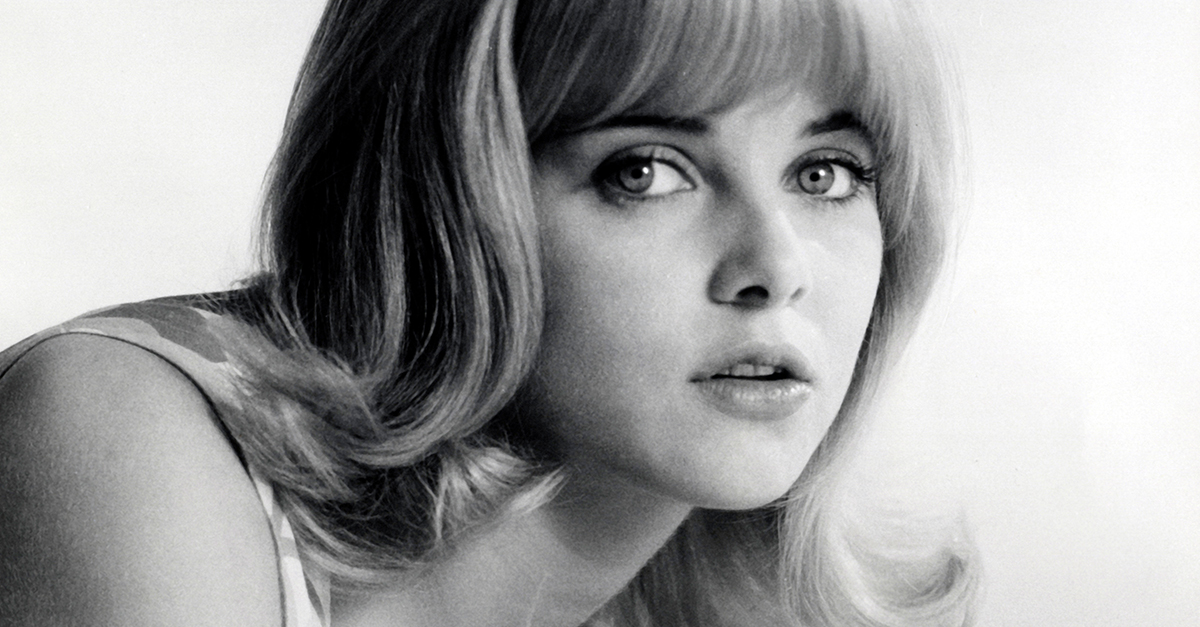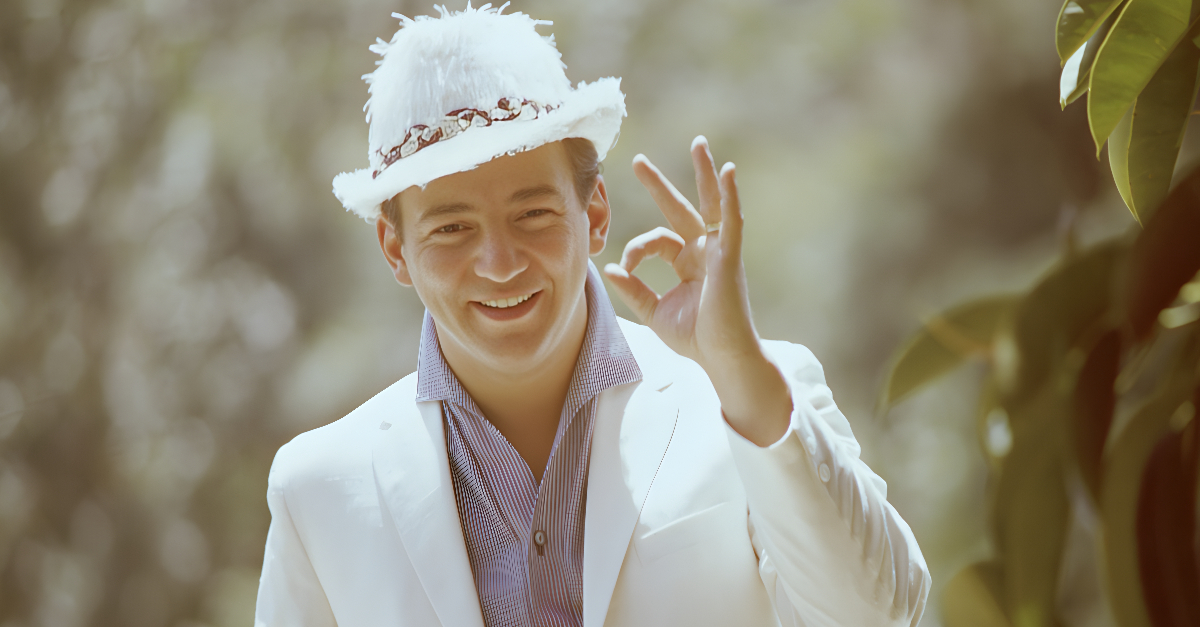Unforgettable Endings
Some movies are remembered for their soundtracks, some for their big twists—but the real legends are remembered for how they say goodbye. A closing scene can elevate a film from “pretty good” to “etched in cinematic history”. Whether it’s a jaw-dropping twist, a bittersweet farewell, or a freeze-frame burned into pop culture, these endings stick with us long after the theater lights come up.
Casablanca
“Here’s looking at you, kid”. Few lines have ever landed with such perfection. Humphrey Bogart’s Rick sends Ingrid Bergman’s Ilsa onto that plane, sacrificing his own happiness for the greater good. Love, loss, and the fog of war—it’s the gold standard for bittersweet Hollywood endings.
 Warner Bros., Casablanca (1942)
Warner Bros., Casablanca (1942)
The Godfather
The chilling final shot of Michael Corleone closing the office door on his wife Kay marked his transformation into the ruthless head of the family. In one subtle moment, Francis Ford Coppola showed the cost of power. It’s as iconic as cinema gets.
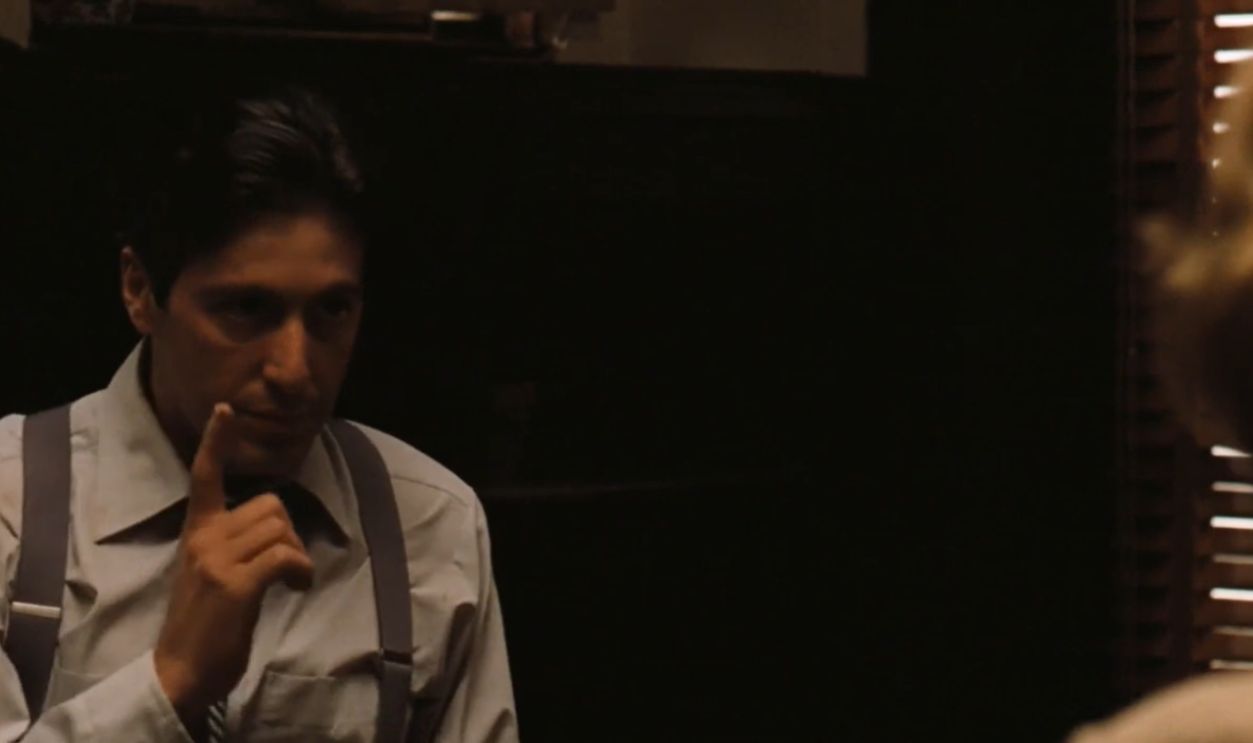 Paramount Pictures, The Godfather (1972)
Paramount Pictures, The Godfather (1972)
The Shawshank Redemption
Hope never felt so good. After years of suffering and patience, Andy Dufresne and Red reunite on a sun-drenched beach in Mexico. The camera pans out, leaving us with the kind of catharsis only cinema can provide.
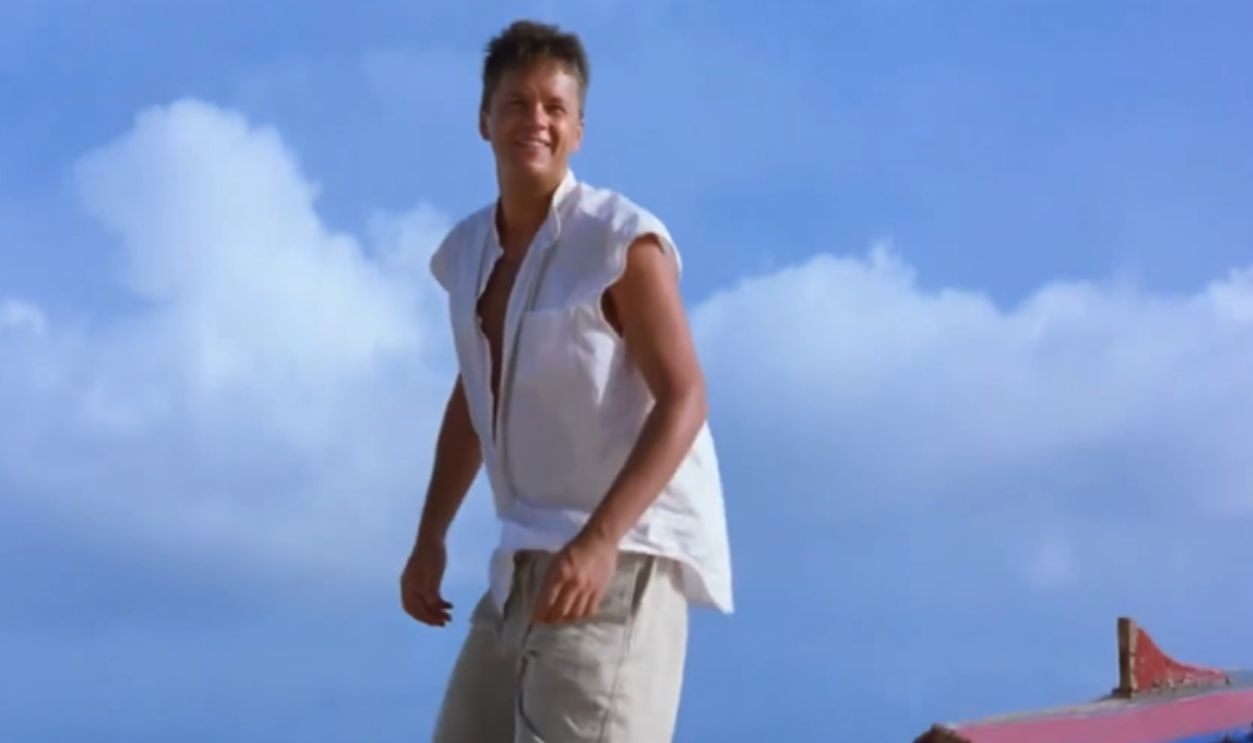 Columbia Pictures, The Shawshank Redemption (1994)
Columbia Pictures, The Shawshank Redemption (1994)
The Graduate
Benjamin and Elaine run from the church, laughing at their wild escape—until their smiles fade into uncertain silence on the bus. That wordless final shot captures youthful rebellion colliding with reality. It’s funny, awkward, and deeply profound all at once.
 Embassy Pictures, The Graduate (1967)
Embassy Pictures, The Graduate (1967)
Fight Club
The skyscrapers explode, Pixies blare, and Edward Norton’s Narrator holds Helena Bonham Carter’s hand with the unforgettable line: “You met me at a very strange time in my life”. A darkly romantic mic-drop moment, perfectly nihilistic for the ‘90s.
 20th Century Fox, Fight Club (1999)
20th Century Fox, Fight Club (1999)
Gone With the Wind
Scarlett O’Hara stands defiantly as she vows, “After all, tomorrow is another day”. It’s a dramatic, sweeping finale that sums up her indomitable spirit. Whether you love her or hate her, she’s unforgettable.
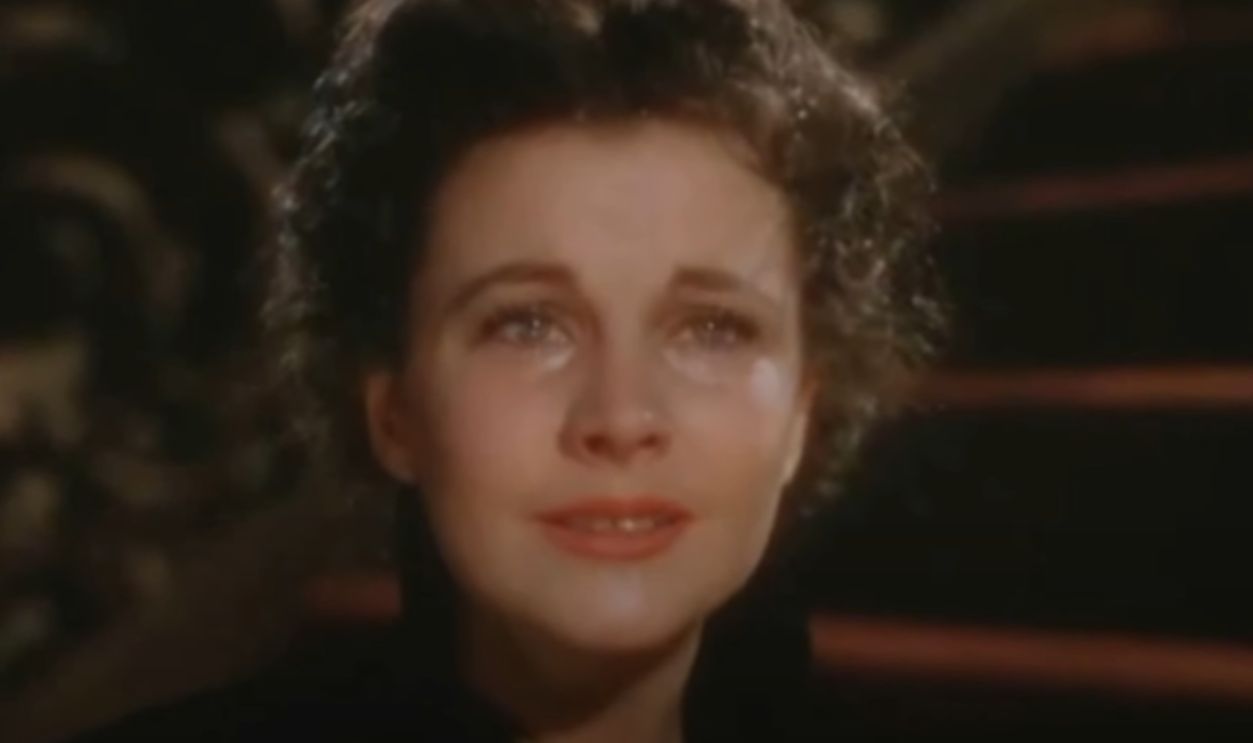 MGM, Gone With the Wind (1939)
MGM, Gone With the Wind (1939)
The Sixth Sense
M. Night Shyamalan cemented himself as the king of twists with the shocking reveal that Bruce Willis’ character was gone all along. The scene made audiences reevaluate the entire movie in an instant. It wasn’t just an ending—it was a cultural earthquake.
 Buena Vista Pictures, The Sixth Sense (1999)
Buena Vista Pictures, The Sixth Sense (1999)
Titanic
As elderly Rose lets the Heart of the Ocean slip into the sea, we’re brought full circle. The closing shot of her reuniting with Jack in the afterlife, applauded by the ship’s passengers, is pure cinematic catharsis. Cue the Celine Dion soundtrack in your head.
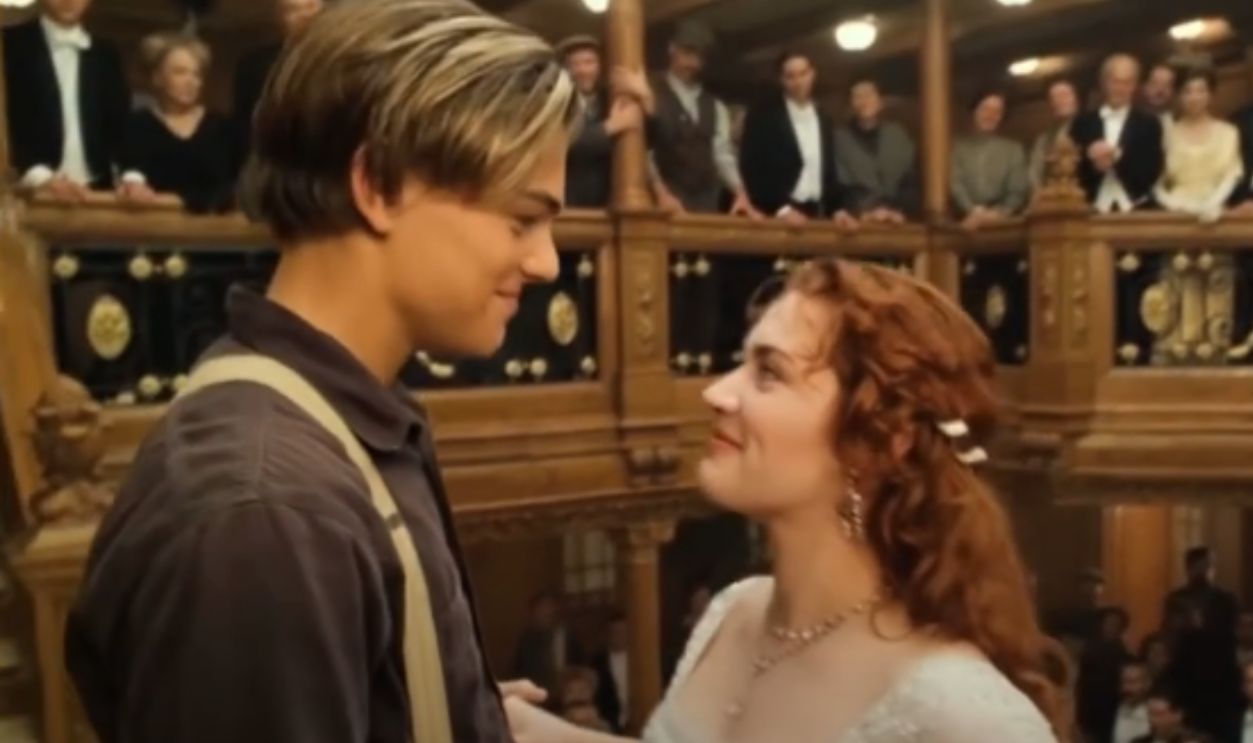 Paramount Pictures, Titanic (1997)
Paramount Pictures, Titanic (1997)
Inception
That spinning top still has people arguing. Does it topple? Is Cobb still dreaming? Christopher Nolan knew exactly how to leave audiences talking—and obsessing—for years.
 Warner Bros., Inception (2010)
Warner Bros., Inception (2010)
Citizen Kane
“Rosebud”. The mystery that fueled the film collapses into a single shot of a sled burning in a furnace. Orson Welles’ masterpiece ends with a haunting meditation on childhood, memory, and meaning.
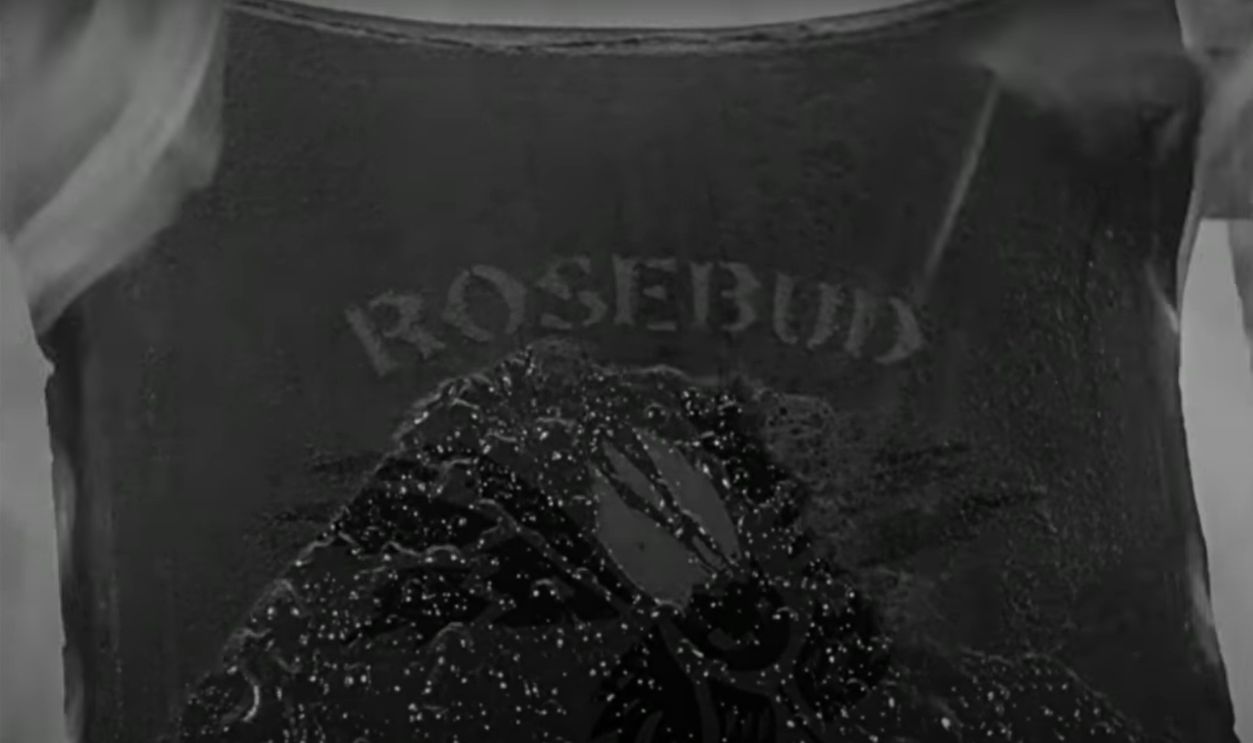 RKO Pictures, Citizen Kane (1941)
RKO Pictures, Citizen Kane (1941)
La La Land
Mia and Sebastian lock eyes across the jazz club, imagining the life they could have shared. Then reality reasserts itself, and they smile through heartbreak. It’s romantic, tragic, and dazzling all in one swoop.
The Usual Suspects
The limp disappears, the mug shatters, and Keyser Söze walks away free. Kevin Spacey’s reveal as the mastermind behind it all left jaws on the floor. The twist was so powerful, it redefined thrillers.
 Gramercy Pictures, The Usual Suspects (1995)
Gramercy Pictures, The Usual Suspects (1995)
E.T. the Extra-Terrestrial
“E.T. phone home”. Elliott and his alien friend say goodbye, and audiences everywhere sobbed into their popcorn. The glowing heart, the spaceship’s ascent, John Williams’ soaring score—it’s Spielberg at his most magical.
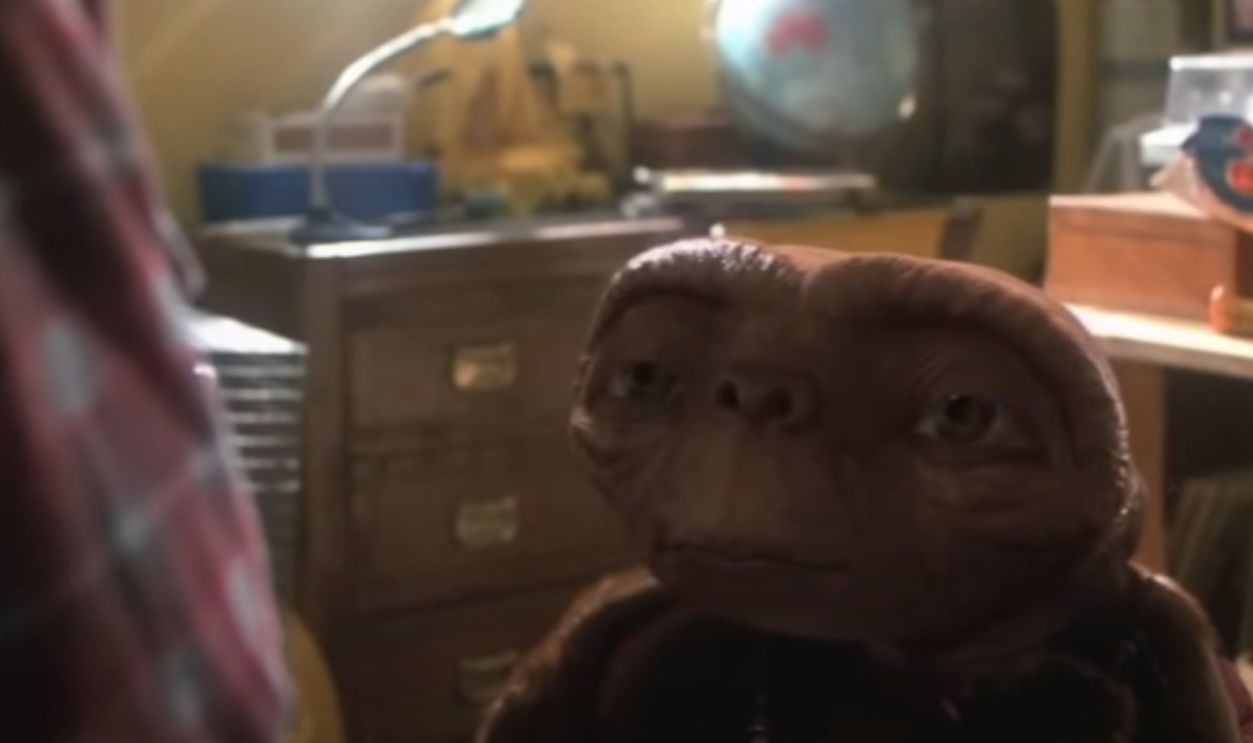 Universal Pictures, E.T. the Extra-Terrestrial (1982)
Universal Pictures, E.T. the Extra-Terrestrial (1982)
The Dark Knight
Commissioner Gordon’s speech, Batman on the Batpod, and Hans Zimmer’s score booming in the background—cinema doesn’t get more heroic. Nolan leaves us with Batman not as a victor, but as a fugitive, reminding us why he’s the Dark Knight.
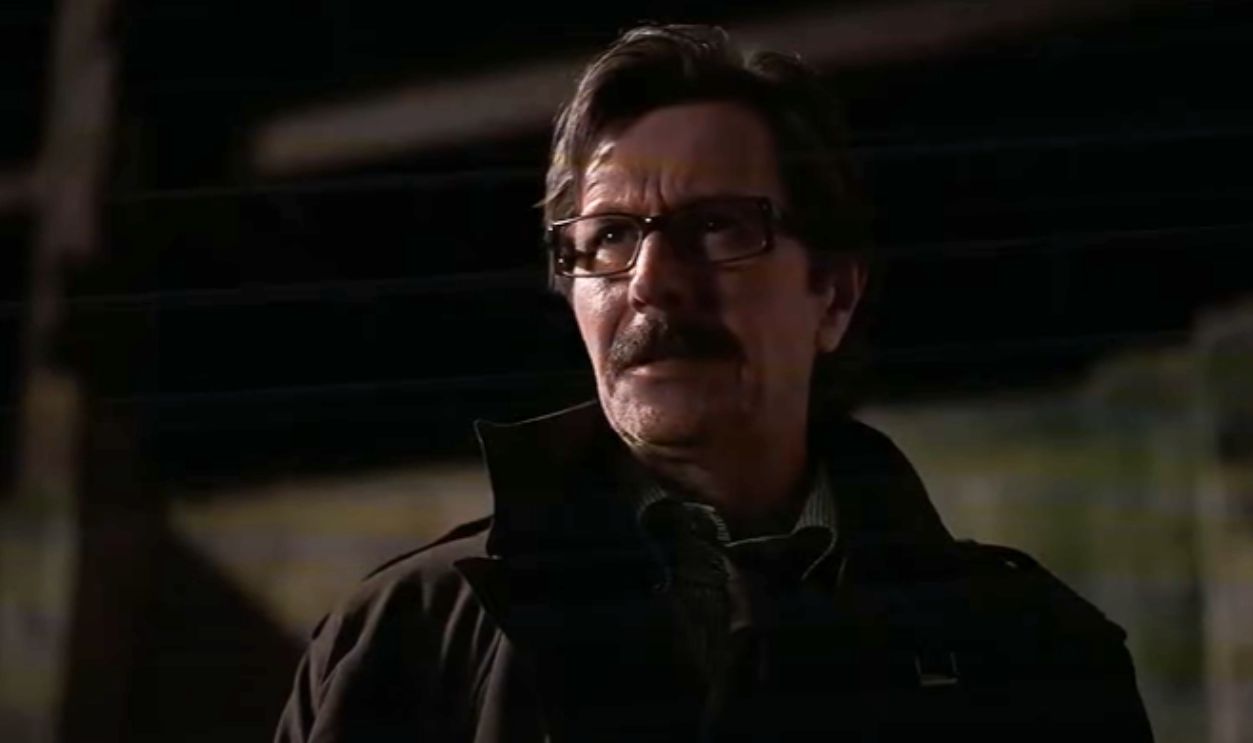 Warner Bros., The Dark Knight (2008)
Warner Bros., The Dark Knight (2008)
Se7en
“What’s in the box?” Brad Pitt’s anguished cries and Morgan Freeman’s grim resignation made for one of the most haunting finales in thriller history. Bleak, brutal, and unforgettable, it’s the definition of a gut punch.
Black Swan
Natalie Portman’s Nina performs her “perfect” dance, collapsing in a haze of blood and ecstasy. The line “I was perfect” is both chilling and triumphant. It’s a finale that’s as operatic and unsettling as the rest of Aronofsky’s vision.
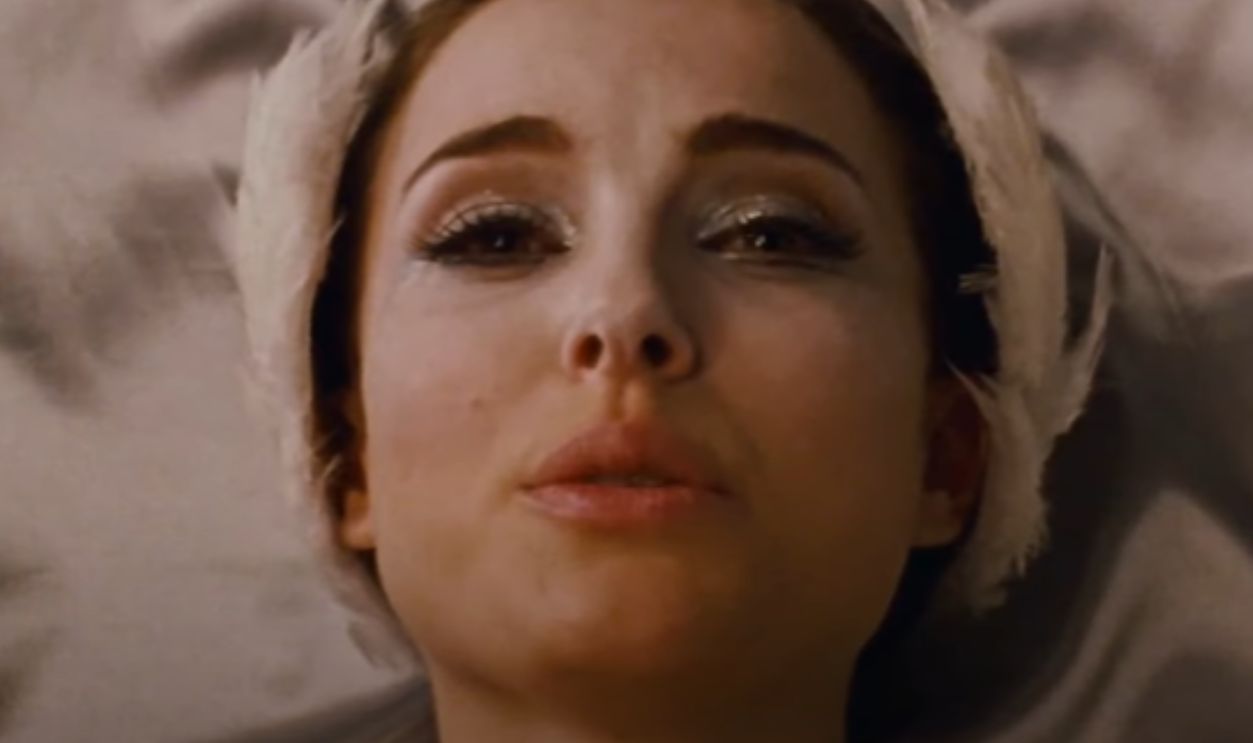 Fox Searchlight Pictures, Black Swan (2010)
Fox Searchlight Pictures, Black Swan (2010)
The Silence of the Lambs
Clarice Starling answers the phone, only to hear Hannibal Lecter’s chilling words: “I’m having an old friend for dinner”. Then we see him vanish into a crowd, free once more. Few endings have been so elegantly terrifying.
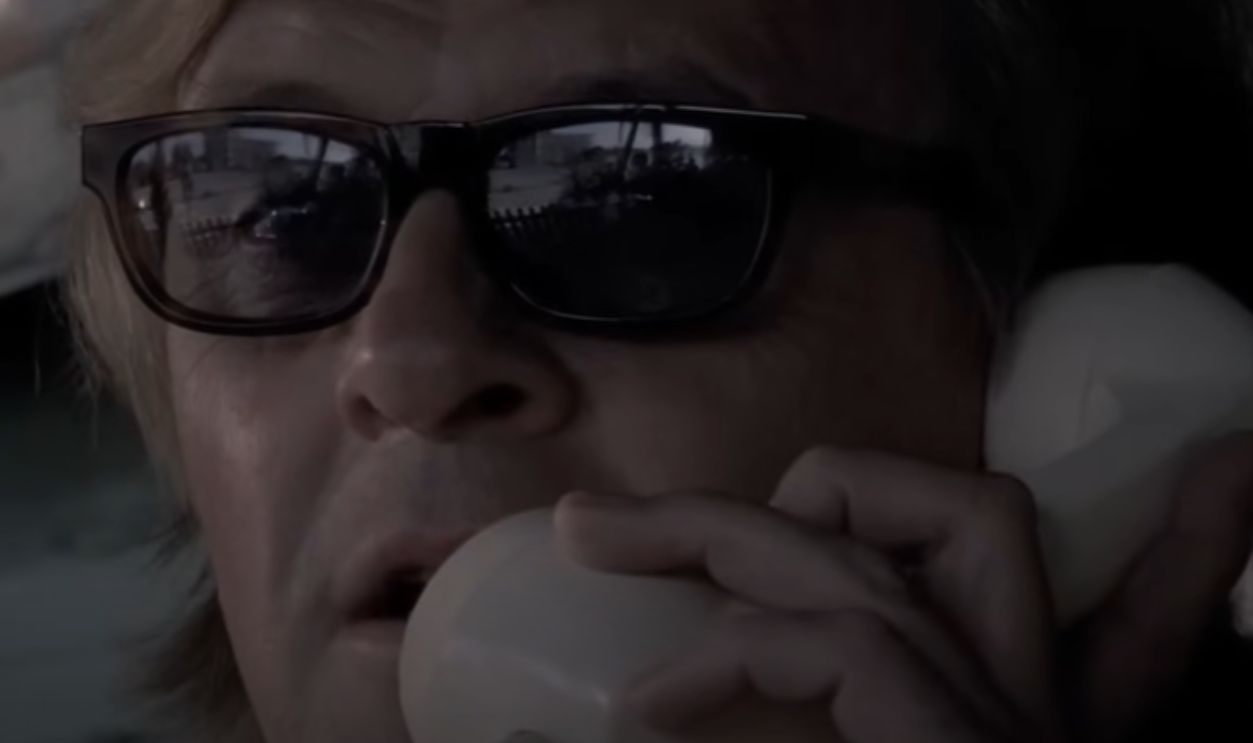 Orion Pictures, The Silence of the Lambs (1991)
Orion Pictures, The Silence of the Lambs (1991)
Thelma & Louise
The freeze-frame of the car soaring into the canyon is a feminist legend. Rather than surrender, the two friends choose freedom on their own terms. The ending cemented the film as one of the boldest road movies ever made.
Whiplash
Miles Teller’s Andrew delivers the drum solo of his life, and J.K. Simmons’ Fletcher finally nods in approval. The electrifying back-and-forth leaves the screen vibrating with energy. It’s not just an ending—it’s a standing ovation in cinematic form.
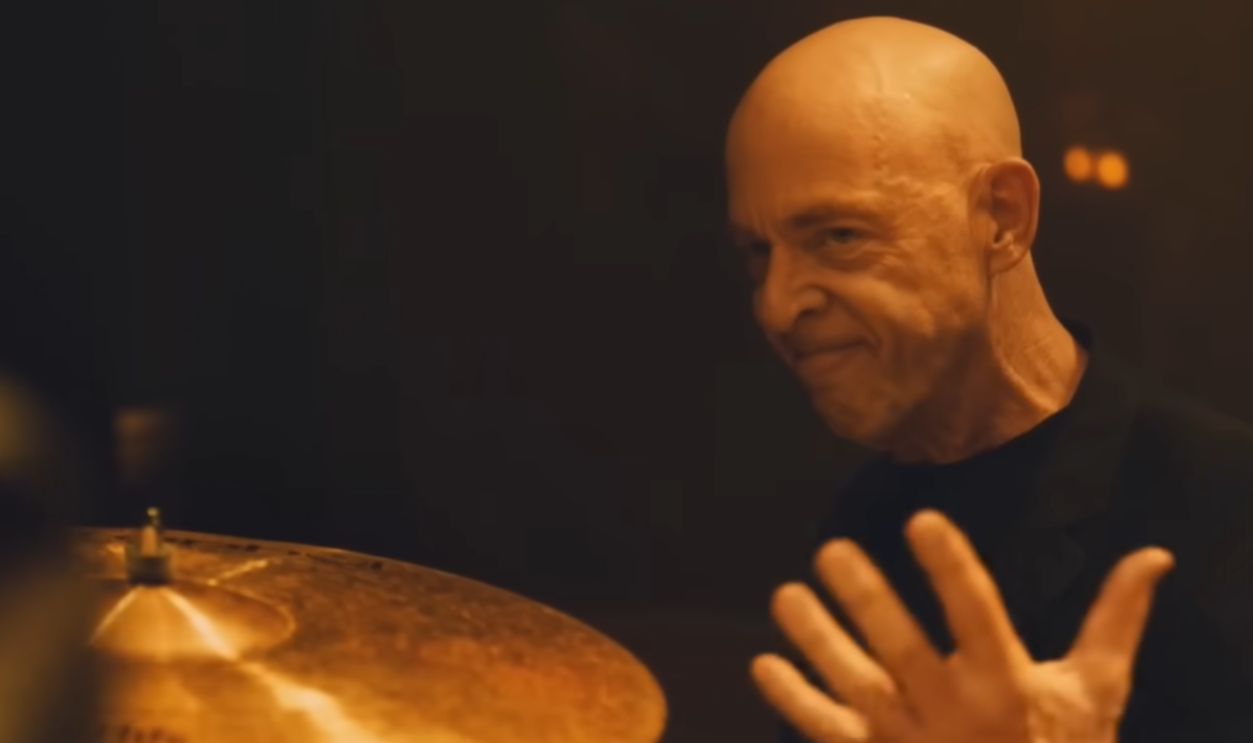 Sony Pictures Classics, Whiplash (2014)
Sony Pictures Classics, Whiplash (2014)
Some Like It Hot
Tony Curtis and Jack Lemmon’s disguises unravel, but the final laugh belongs to Lemmon’s character when he says, “Well, nobody’s perfect”. It’s one of the funniest and most perfectly delivered punchlines in film history.
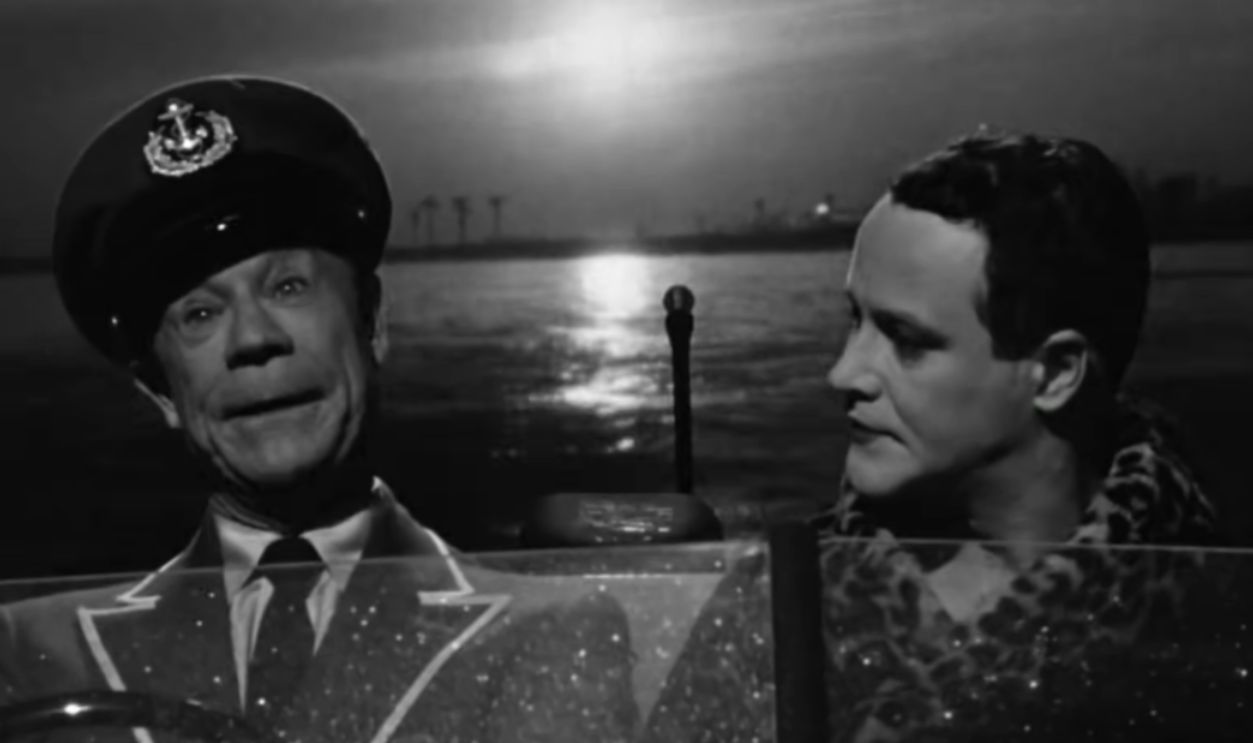 United Artists, Some Like It Hot (1959)
United Artists, Some Like It Hot (1959)
The Departed
As the camera pans up from Matt Damon’s character’s apartment, a rat scurries across the balcony. Heavy-handed? Maybe. Iconic? Absolutely. It’s Scorsese’s sly wink at corruption gnawing away at everything.
 Warner Bros., The Departed (2006)
Warner Bros., The Departed (2006)
2001: A Space Odyssey
Kubrick closes with the Star Child gazing down on Earth, an enigmatic yet awe-inspiring image. Is it evolution? Rebirth? Transcendence? Whatever it is, it ensured audiences left the theater stunned and mystified.
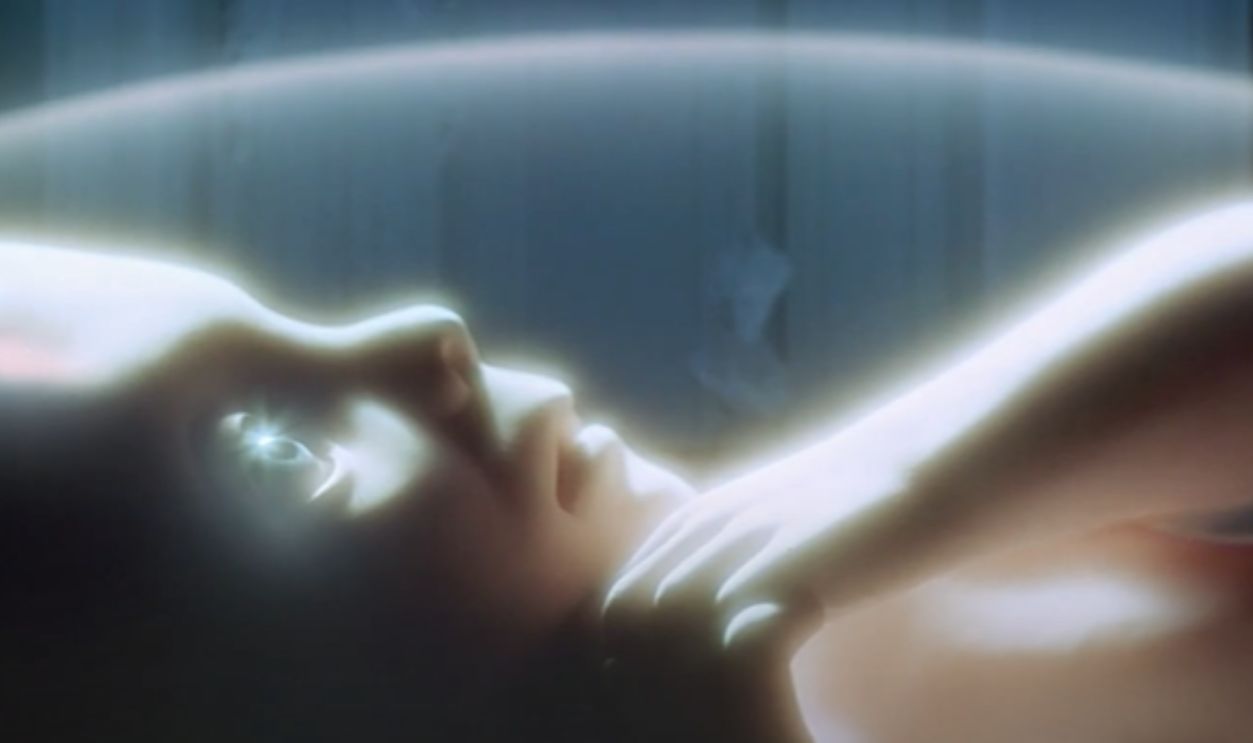 MGM, 2001: A Space Odyssey (1968)
MGM, 2001: A Space Odyssey (1968)
You May Also Like:
The Most Unexpected Guest Stars In Sitcom History
The Most Influential Reality Shows Ever
These 44 Shows Let Their Main Characters Slip Out Of Focus
Source: 1

